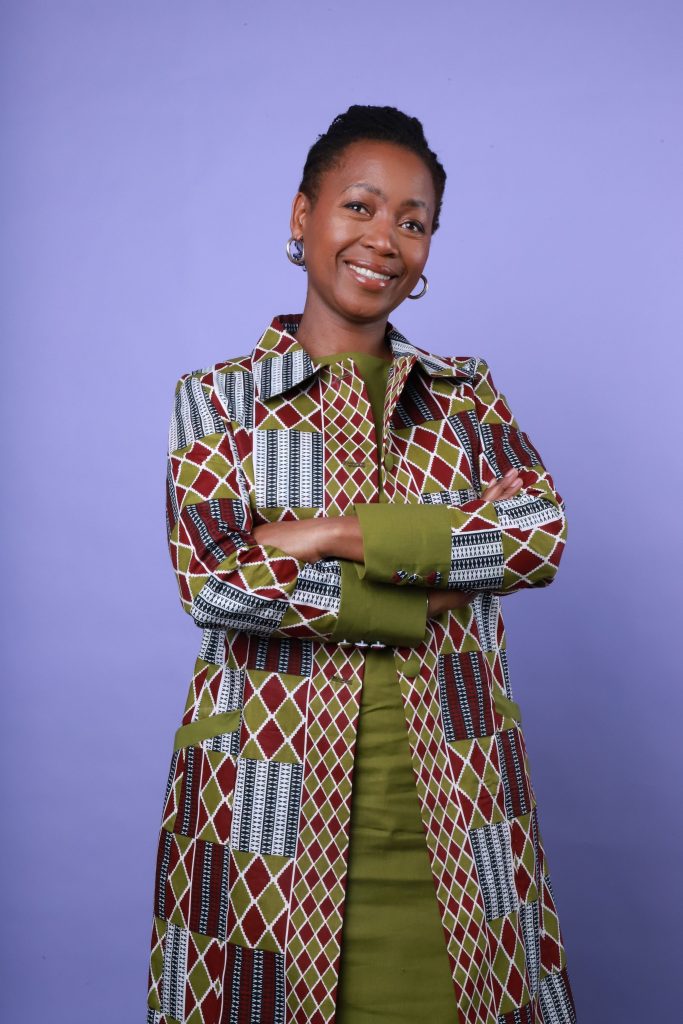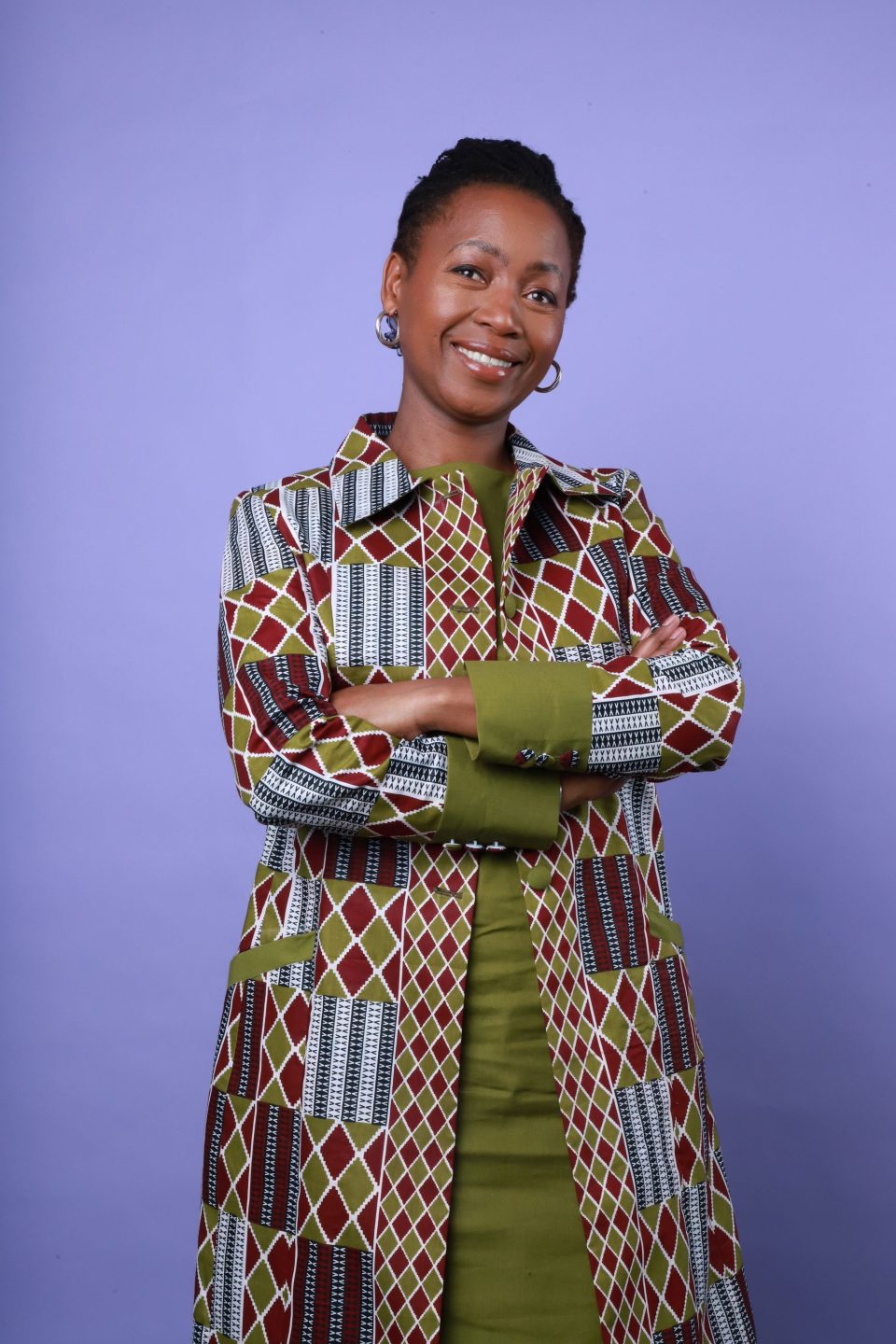
The Energy Mobility Education Trust (EM Education Trust) is embarking on its second decade with a new set of goals, informed by a new world order in which renewable energy, 4IR, digital skills are at the core. With a refreshed board of trustees, its goal for 2025 and beyond is to help provide the pipeline of future-ready talent in solar energy, data science, machine learning and emerging industries that South Africa needs.
EM Education Trust was established in 2014 by bp Southern Africa (bpSA) as the bpSA Education Foundation Trust. As part of its operational independence journey, it changed its name and identity to the EM Education Trust in 2020. Between 2014 and 2023, it had funded over 2,948 high school learners, 831 young people through skills development initiatives, and awarded 494 university scholarships to undergraduate and postgraduate students pursuing science, technology, engineering and mathematics (STEM) and Commerce subjects, with an emphasis on people with disabilities and black females.
Over the years, funding support from a variety of sources for high school and undergraduate learners had increased, but there remained a significant need for postgraduate funding.
In the context of a heightened focus on climate change, the Just Energy Transition (JET), 4IR and the changing world of work, the board of trustees realised that the Trust’s focus needed to change. In 2022 the strategic path was redirected to focus on equipping young people with skills in high demand in the emerging renewable energy sector.
In 2024, EM Education Trust conducted an impact study to review what it had achieved and identify opportunities to strengthen its programmes. The study found that the Trust’s strategic objectives and programmes are highly relevant and well-aligned to the UN’s Sustainable Development Goals and South Africa’s National Development Plan, but it also made several recommendations to make the Trust’s work more effective.
To take the Trust into its next decade, Yvonne Themba, the Chief People Officer at McDonalds SA, has taken over from Professor Loyiso Nongxa as chair of the EM Education Trust board of trustees. She is joined by four other new trustees: Lindi Dlamini, who is the Executive Director of Roedean School; Dr Bev Damonse, who is the Senior Adviser: Science Enterprises in the office of the Dean of Science at Wits University; Rekha Ramcharan, who is a non-executive director on the board of Tyme Bank; and Anne Emmett, an independent development funding and monitoring and evaluation consultant. The Trust’s CEO remains Vuyo Mwase.
This leadership team is united in a mission to position the Trust as a driving force at the nexus of energy, education, skills and technology.
“We come from different backgrounds, but we are all development professionals with a passion for youth skills development and education,” Mwase says.
Since 2023, EM Education Trust has been cultivating joint-funding partnerships with organisations such as the National Research Foundation (NRF), which provides postgraduate scholarships. The Trust has longstanding scholarship partnerships in place with Wits University, the University of Fort Hare, University of Johannesburg and University of Pretoria, and recently added the University of the Western Cape and the University of Limpopo though its NRF partnership.
In 2025, the trustees aim to forge new partnerships to broaden the Trust’s reach and deepen its influence, and as such will be actively seeking global partners who share its vision.
A key pillar of the Trust’s forward-looking strategy is its convening power. By bringing together industry, government, education institutions, and international funders, the Trust ensures that its programmes align with the skills demands of the green economy.
As the world transitions to cleaner energy sources, it will continue to need vocational skills such as technicians and electrical engineers, Mwase says. There remains a great need for knowledge workers – the postgraduates who are able to research and create new knowledge across the emerging renewable energy sector. Digital skills are equally in high demand and the talent developed here can go a long way in alleviating youth unemployment. It is vital that the type and quality of skills coming through South Africa’s universities and other institutions of higher learning matches the demand.
The EM Education Trust’s profile will be quite different from the 2014-2024 era. It will support more students in the specialised areas of the green economy. In 2024, EM Education Trust supported about 149 university students with scholarships, mostly at postgraduate level up to PhD. It also supported 25 students in a new digital skills programme focusing on data science and another 45 TVET students in the renewable energy skills programme with a solar PV specialisation, as well as almost 100 students with disabilities. In the last of the high school programmes, EM Education Trust is supporting about 200 GR 12 learners from Makhanda.
INFO SUPPLIED.


